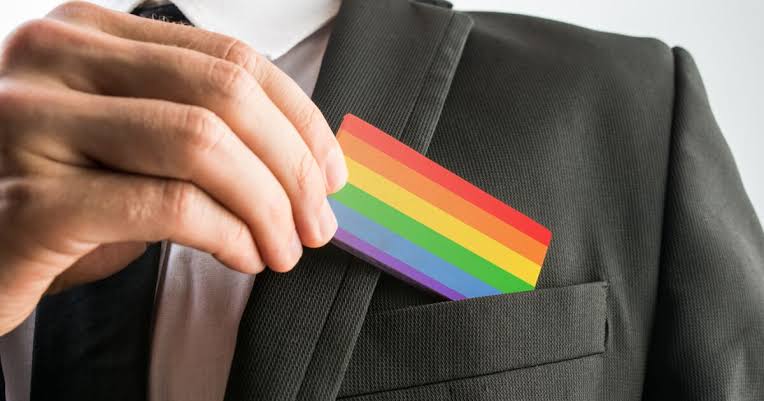Sexual orientation and labor market outcomes
By Nick Drydakis
Currently, being gay or lesbian is illegal in almost 80 countries, meaning that 2.7 billion people live in countries where having a minority sexual orientation is a crime. Additionally, fewer than 20% of countries have adopted employment anti-discrimination laws to protect gay and lesbian employees. On average, Australia, Canada, the US, and the EU have the strongest protection of sexual orientation rights, including workplace anti-discrimination laws and some studies in these countries have examined labor market outcomes for gay men and lesbians. However, in most of Africa and Asia, same-sex unions are illegal, which precludes gay and lesbian studies by default.
International studies from Australia, Canada, the US, and the EU have highlighted the adverse workplace conditions that face gay men and lesbians. Having a minority sexual orientation affects people’s decisions about employment routes even before they apply for a job, particularly in sectors such as law enforcement, the armed forces, teaching, and manual trades. A gay or lesbian identity seems to be a devalued and stigmatized characteristic in hiring, compared with a heterosexual identity.
In certain regions, gay and lesbian employees receive lower earnings than their heterosexual counterparts, even after controlling for education, work experience, and occupation. Moreover, there is evidence that gay and lesbian employees are looked over for promotions to top-ranking positions, and that homosexuality-oriented jokes, bullying, and harassment are tolerated and reinforce power inequalities in the workplace. Additionally, gay and lesbian employees report having to live with less freedom than their heterosexual counterparts and being reluctant to disclose their sexual orientation at work for fear of biased treatment. These patterns seem to reveal that employees with a minority sexual orientation have a lower level of job satisfaction than their heterosexual counterparts.
Source @IZA











